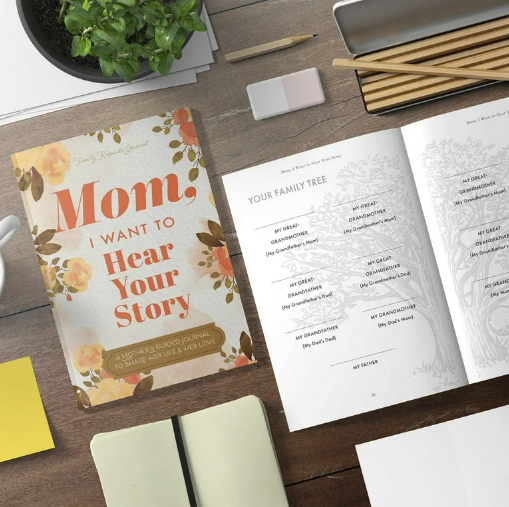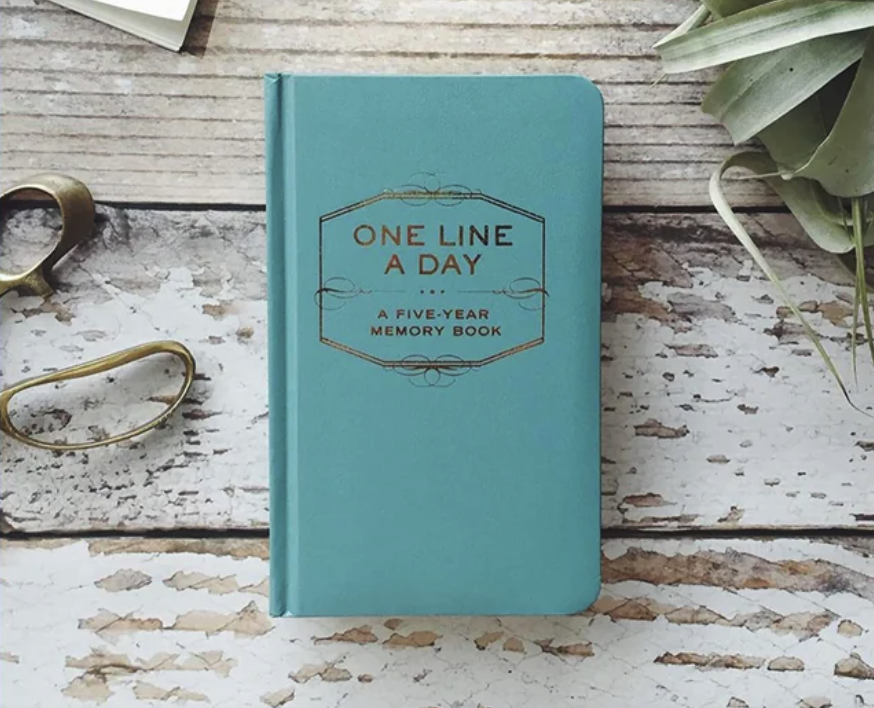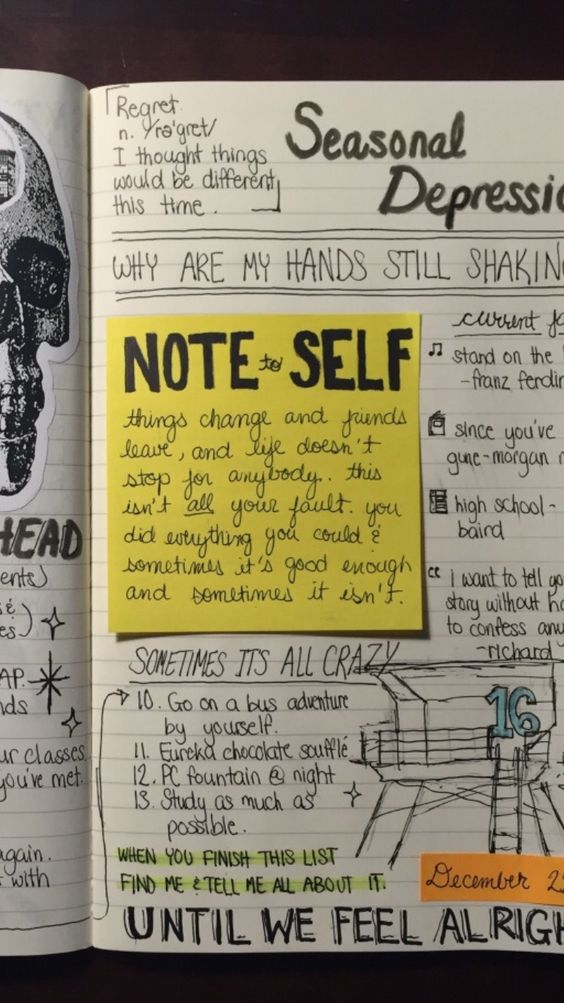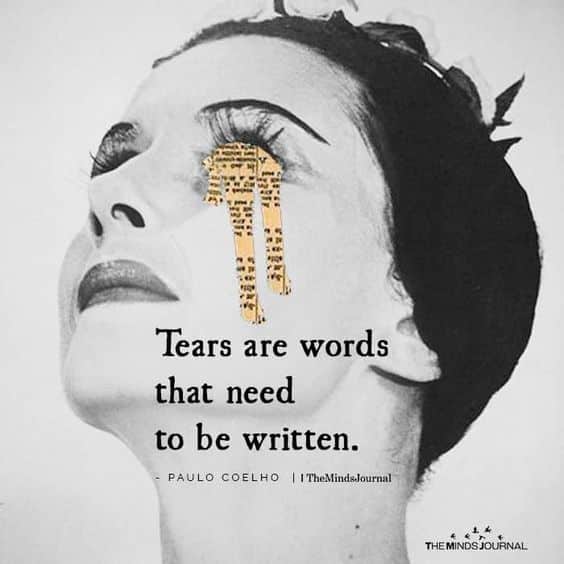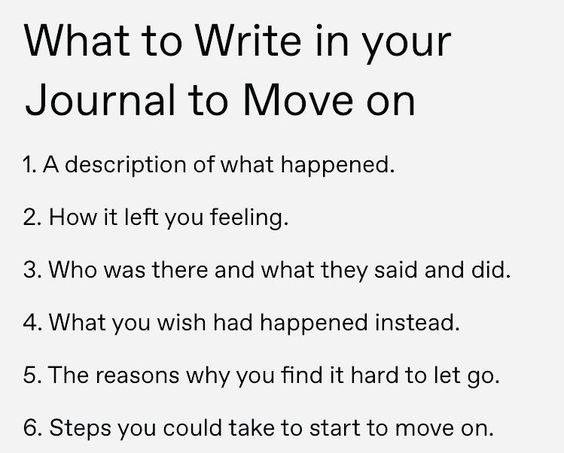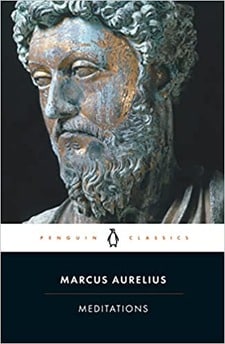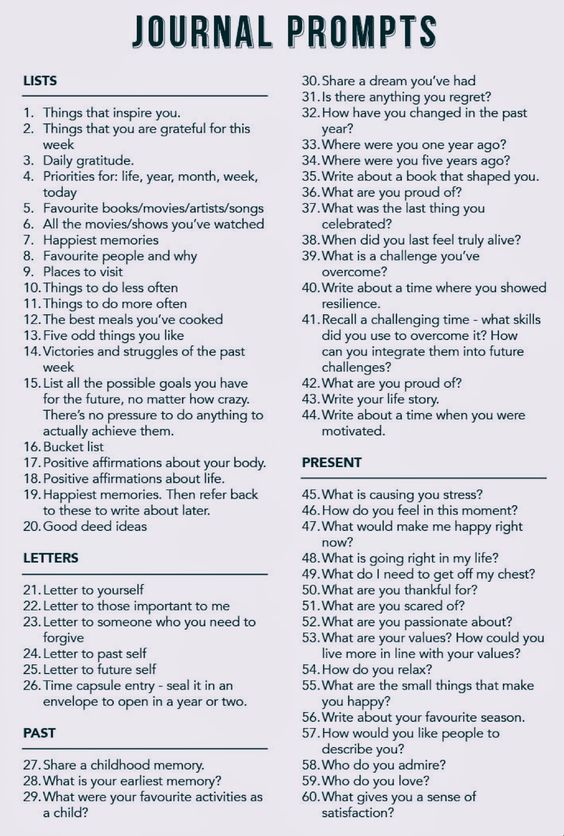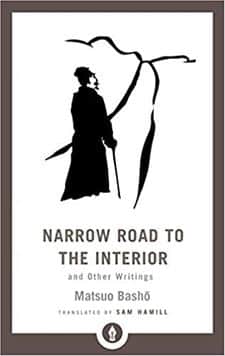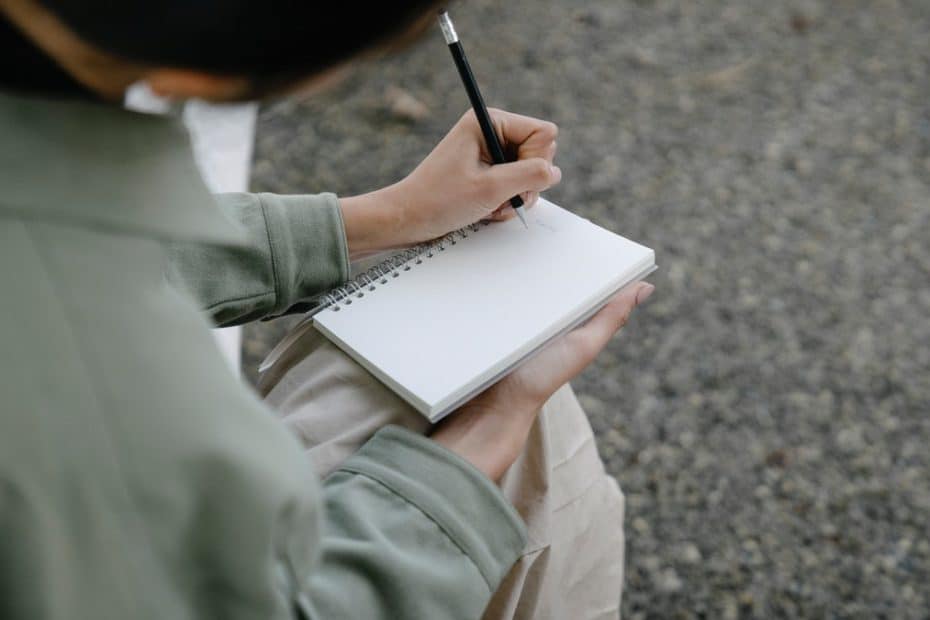“Self-reflection has turned out to be one of my most powerful tools in changing my life. It becomes a mirror that helps you see what’s going on in your life, that keeps you from making the same mistakes over and over again, from being on autopilot and failing to course-correct. Having a blog with readers is like having a journal on steroids—it forces you to reflect on what you’re doing in your life, because if you’re going to share what you’re learning with other people, you first have to reflect on what you’ve learned.”
Leo Babauta, Essential Zen Habits (Page 50)
Beyond the Quote (37/365)
Creating space for self-reflective thinking is crucial for self-improvement. If you want to live your best life, you have to take time on a regular basis to take a good look at where you are, where you are going, what has happened, what those “happenings” mean, and what needs to be adjusted so that you can keep moving forward.
Read More »Leo Babauta Quote on How Self-Reflection Changed His Life 